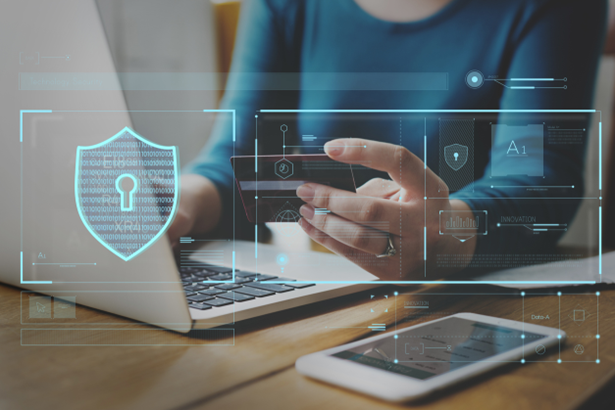Top 5 Best Tips to Stay Safe Online
Stay Safe Online – As the Internet becomes more and more ingrained in our lives, the importance of online security grows. It should not come as a surprise that cybercrime is on the rise given the alarming rate of technological advancement. Therefore, it’s critical to understand how to stay safe online.
Top 5 Best Tips to Stay Safe Online:
When you are browsing the internet, protecting your personal information, and using strong passwords are essential. Beware of malicious links and websites that may contain malware or viruses designed to steal sensitive data, like usernames and passwords, is also essential. Sharing information with the right people is also crucial. When they get in touch with you online, not all of them mean well.
1. Strong password:
Creating a strong password is the first and most crucial step in maintaining online security. Passwords need to be strong enough to be hard to guess. Passwords with at least eight characters, including upper- and lowercase letters, numbers, and symbols, are the most secure. Don’t use personal information like your name or date of birth or common words from a dictionary that hackers can easily guess. Also, change your passwords often, especially if you give them to online services or share them with others. Even if someone can guess your password, they won’t be able to access your account unless you enter a second code that has been sent to you via text or email.
2. Enable two-factor authentication:
Two-factor authentication (also known as 2FA) is an essential feature to consider if you want to remain secure online. Hackers and con artists will find it harder to access your accounts and personal information with 2FA, which provides an additional layer of security. This extra precaution helps keep you safe while you browse the Internet in today’s digital world.
Before they can access their accounts, users who enable two-factor authentication are required to enter a second form of verification. This could be a code that is sent via email or text message, or it could be biometric, like a scan of your fingerprints or facial recognition. You can be sure that no one else can access your data without your knowledge or consent thanks to this additional security layer.
3. Make use of firewall protection – Stay Safe Online:
In a world that is becoming increasingly digital, it is essential to take the most effective security measures to safeguard yourself online. Utilizing firewall protection is the third tip for staying safe online. While you browse the Internet, firewall protection helps provide an additional layer of security against malicious threats and attacks. It prevents hackers from accessing your private information by acting as a barrier between your computer or device and incoming or outgoing network traffic.
Consider your requirements when selecting a firewall, as different users have different requirements regarding online security. Check to see that your firewall provides the most recent antivirus protection and blocks malware and viruses before they cause any harm.
4. Watch out for phishing scams – Stay Safe Online:
One of the most important ways to stay safe online is to be aware of them. An attempt by a hacker or scammer to obtain sensitive information, such as usernames, passwords, credit card numbers, or other personal information, by impersonating a legitimate business or individual is known as a phishing scam. We recommend that you do not respond to any email that asks for personal information or directs you to a questionable website via a link. If someone contacts you via social media with a similar request, it’s also important not to respond right away. Genuine organizations won’t ever ask you for your login qualifications or record number in an email or online message.
Please respond to emails from unknown senders with extreme caution and carefully read any requests for personal information before sending them.
5. Log out – Stay Safe Online:
Online security is critical, particularly when it comes to accounts and personal information. Logging out of all sessions after use is one of the most important safeguards for your information. You can prevent others from accessing or viewing your personal information without your permission by signing out at the end of each session.
For instance, if a website or app has a login page, you should always log out before closing the page. If someone else uses the same device in the future, you won’t be able to easily access your account because of this. Additionally, it helps safeguard persistently stored sensitive data, such as credit card information and passwords. By providing an additional layer of security when signing in and out, implementing two-factor authentication can also assist in further safeguarding your account.
Conclusion:
Keeping an eye out is essential for anyone who uses the Internet frequently. You must take precautions to safeguard yourself and your data in the digital world of today. The overall point of this article is clear: there are five ways to stay safe online. It is essential to remain alert.
It is essential to always be aware of what you click on and who you share your data with, regardless of whether you are using a smartphone or a laptop. Keeping your software and devices up to date with security updates also lowers the likelihood of malicious activity. Also, before entering payment information or other sensitive information, always double-check the website for fraud.
We can all contribute to your safety when you use the World Wide Web by following these steps and being more cautious online!

